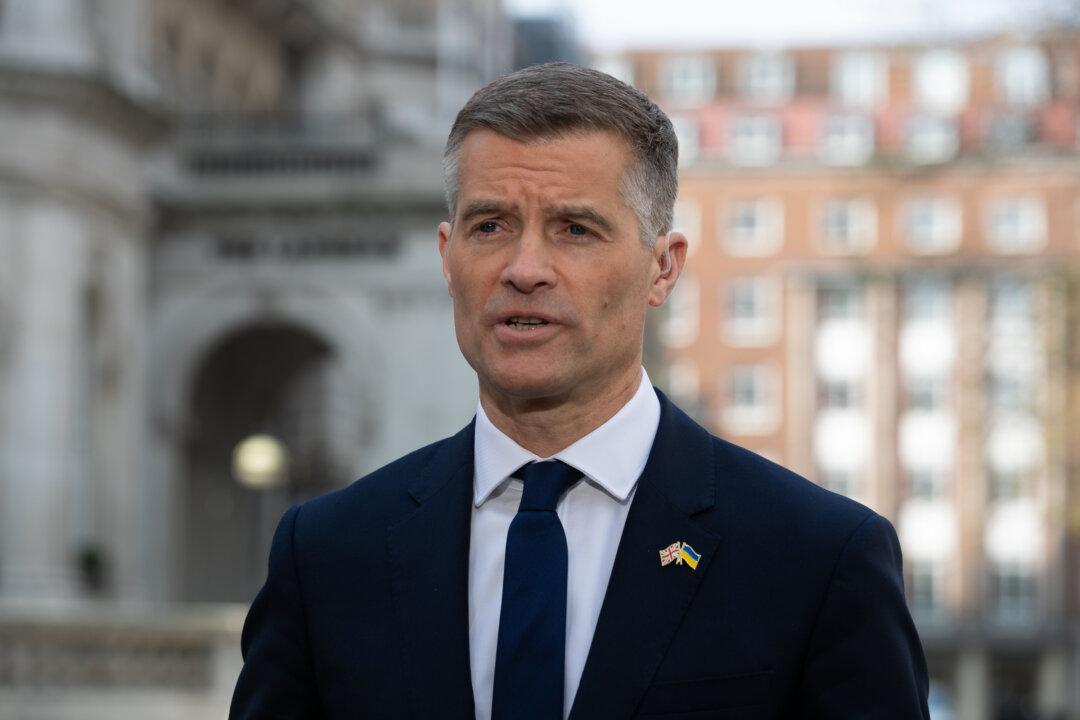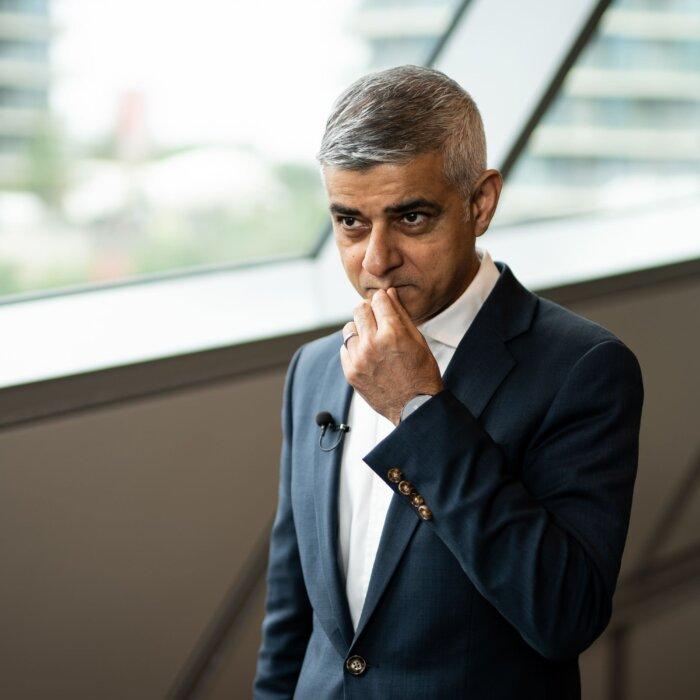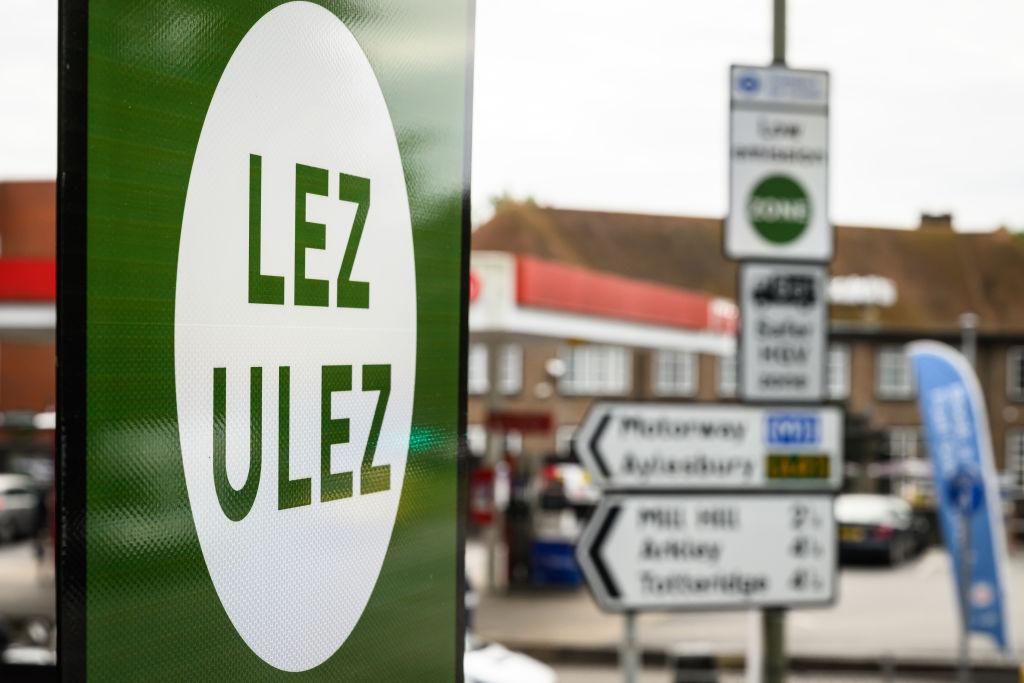There is no legal barrier for London Mayor Sadiq Khan to send scrapped Ultra Low Emission Zone (ULEZ) non-compliant vehicles to Ukraine, Transport Secretary Mark Harper said on Wednesday.
In a letter to Mr. Khan, Mr. Harper assured the mayor that the vehicles are “highly unlikely” to return to London, and said government officials have begun discussions with local authorities across the country about donation scrapped vehicles to Ukraine.
The letter follows previous exchanges between the mayor and ministers in which the latter asked Mr. Khan to clarify what legal barriers he believed were stopping him from donating scrapped ULEZ non-compliant vehicles to the war-worn country.
Mr. Khan, who initially refused Ukraine’s donation request, said the minister’s assurances are “encouraging,” and promised to “get this done.”
The ULEZ scrappage scheme, which came into force in August last year, was introduced with the expansion of ULEZ to cover the entire Greater London.
Under the scheme, Londoners with vehicles that fall foul of emission standards can claim up to £2,000 when their non-compliant vehicles are scrapped.
At the time, the mayor’s office said “altering the ULEZ scheme for the purpose of exporting vehicles to Ukraine“ was ”not possible within the current limits of the GLA [Greater London Authority] Act.”
Mr. Khan had also said the scrappage scheme was “not the best option” for donation vehicles for Ukraine because most of the scrapped vehicles are regular cars that are “not suitable for their needs.”
Levelling Up, Housing and Communities Secretary Michael Gove wrote to Mr. Khan, asking what obstacles he believes were preventing him from sending the vehicles, and said he was “extremely disappointed and surprised” that the GLA was not planning to donate extremely disappointed and surprised.
The mayor then co-wrote a letter to the Department for Transport (DfT) and the government, calling on Mr. Harper and Mr. Gove to give motorists “money for taking polluting vehicles off our cities’ streets while providing vital support towards the people of Ukraine.”
Mr. Khan and former Defence Secretary Ben Wallace said in the letter that there was “a particular requirement” from Ukraine for 4×4 vehicles and emergency service vehicles.
“We do not consider there to be any legal barrier to allowing vehicles to be donated to Ukraine,” he wrote.
The minister said officials from his department and Mr. Gove’s Department for Levelling Up, Housing and Communities (DLUHC), have been working with Transport for London to identify routes to overcome the legal obstacles that Mr. Khan had identified in relation to “the processes and design” of the ULEZ scrappage scheme.
He also said Mr. Khan had requested “robust assurance that cars donated to Ukraine will not find their way back to London’s roads.”
Mr. Harper said the Ukrainian Embassy had confirmed that “by decree, right-hand drive vehicles can only be driven in Ukraine by members of the Ukrainian Armed Forces,” and that “Ukrainian law prevents the sale of property of the Ukrainian Armed Forces.”
“I am sure that you will also consider this reasonable certainty that vehicles donated to Ukraine through your scheme are highly unlikely to leave the hands of the Ukrainian Army and to return to the UK,” he minister said, adding that the Ukrainian Embassy is “happy to set this out” to Mr. Khan directly.
The minister said he has also asked officials at the the Driver and Vehicle Licensing Agency to note on the vehicle record when a vehicle has been exported to Ukraine as part of the scheme, so it won’t return to London and be used to claim the scrappage grant repeatedly.
“Scrappage schemes across the country are not identical and do not operate on the same legal basis.
“However, DLUHC officials have begun discussions with relevant local authorities to test if they would be keen to rely on the same assurances to provide a donation route through their scrappage schemes,” he added.
Writing on X, Mr. Khan said, “Encouraging news from the transport secretary—let’s keep working together to get this done.”







